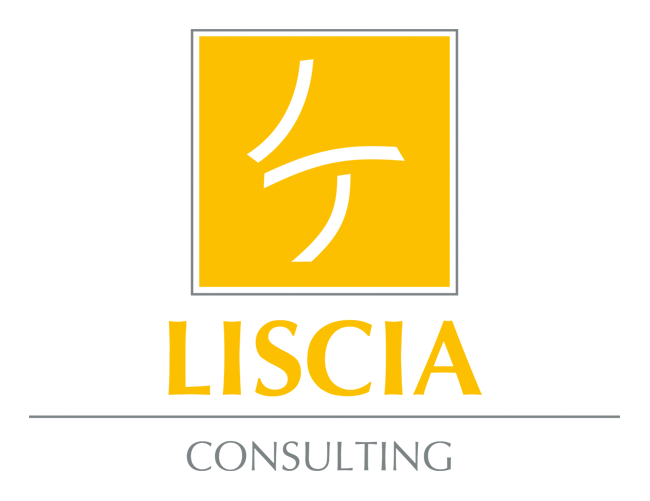What is that – Happiness? How can I get my piece of the pie? Can I increase or influence my personal happiness? Why is it that some people are never really happy?
For many of us, happiness is our number one priority. It encompasses a fulfilling job, perhaps a family, a meaningful partnership and the feeling that we are needed. Often, the things we do, the decisions we make are motivated by our wish to be happy. Yet, we often fall prey to the fallacy that happiness equates with wealth, status and work. We work harder to be more successful, to earn a promotion. Promotion usually means a higher salary and when we achieve that goal, then we’ll be happy – at least that’s the driving force behind many of our deeds. Our society has manifested the belief that we can only be happy when we have attained certain goals; gained a certain level of wealth. Happiness is something in the future, put off until we’ve…
Of course, we look forward to our future achievements; to future events, but it is just as important to be happy now, to enjoy the process. Therefore, it’s a good idea to take stock every now and then. To look back and realize we have already reached many of our goals, both large and small. There are past events we are proud of and they enhance our happiness in the present tense. A healthy blend of future planning and appreciation of our past helps us to be happy right now.
A Harvard University study on the subject revealed that we should approach our search for happiness from the opposite direction. Not success makes us happy, happiness makes us successful. The prospects for success increase when we are happy, not the other way around. The study determined that people are 30 percent more productive when they have a happy mindset; salespeople with a positive mindset are 40 percent more successful and physicians with a positive mindset are 20 percent faster and more precise in their diagnoses.
Every day, we train our brains to both our benefit and to our detriment. Everything our brain perceives programs it accordingly and continuously. When the news, social media and emails infuse us with negative content, our brain is conditioned to focus on negative perceptions. Especially in the morning, when our internal firewalls are less active, our brain is more susceptible to negative influences. We often have our smartphones on the night table – perhaps it’s our alarm clock – and the first thing we do is check social media activities, the news or our emails. The day begins with negative impressions, our brain absorbs them and installs a negative program. What steps can we take to counteract this? Perhaps we can make an effort to begin the day positively. We can listen to our favorite music while having breakfast, read a bit of a good book, do some yoga or take a short walk. Beginning your morning with something that makes your heart lighter sets the tone for the rest of the day.
We are often unaware of the things that bring us happiness. Amid our busy schedules, everyday moments of happiness pass by unnoticed. We are so caught up in tasks, appointments and responsibilities, we fail to attend to the small beauties everyday holds. A Book of Happiness lets us capture these moments and become happier people on the whole. Here’s how it works: Each evening, you look back over the day and write down (at least) five things that made you smile or that lightened your load, if only for a moment. This could be a favorite song on the radio, a rainbow after a storm, birdsong in the morning or evening, a smile, laughter, the possibilities are endless. Even the most incidental thing can bring on a moment of happiness and the more we become aware of them, the happier we become, the more positive our mindset. Consciously focusing on the (small) things that made or make you happy trains your brain to look out for them. And the more and longer you train your brain, positivity becomes automated, you become eager to discover beauty and happiness and write them down at night. You become attentive and attentiveness becomes a natural condition.
We create our own destiny is not just a calendar quote. It means we have the option to train our brains; we can create our happiness ourselves. Appreciating what we have achieved, aspiring to new heights and noticing the small moments of joy in each day – that’s happiness.




